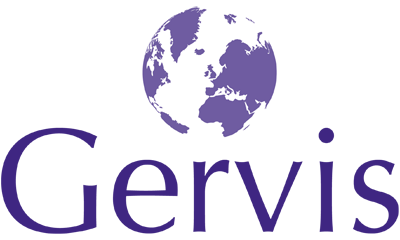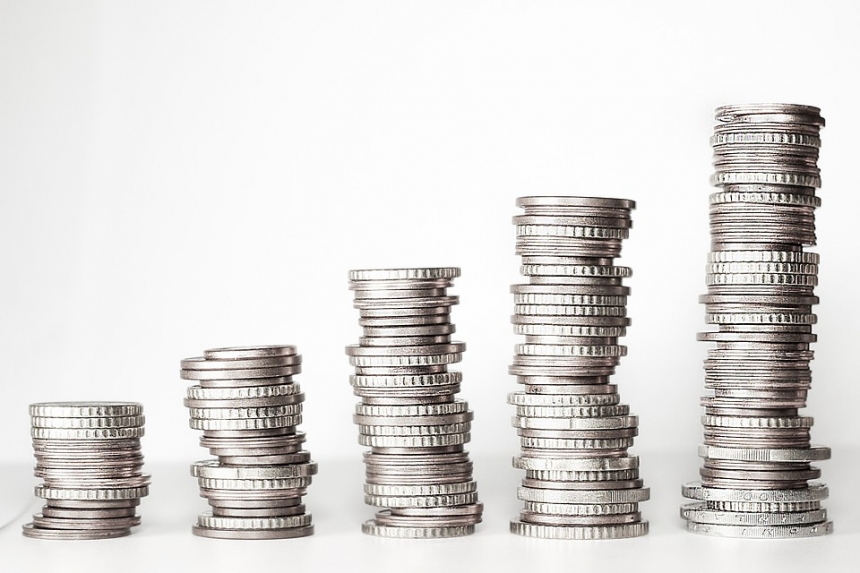Self Assessment Tax due 31st January
HM Revenue and Customs (HMRC) must receive your tax return and any money you owe by the deadline. The last tax year started on 6 April 2016 and ended on 5 April 2017.
Submit your online return by 30 December if you want HMRC to automatically collect tax you owe from your wages and pension. You must be eligible. HMRC must receive a paper tax return by 31 January if you’re a trustee of a registered pension scheme or a non-resident company. You can’t send a return online.
You’ll need to send a tax return if, in the last tax year:
- you were self-employed – you can deduct allowable expenses
- you got £2,500 or more in untaxed income, for example from tips or renting out a property – contact the helpline if it was less than £2,500
- your income from savings or investments was £10,000 or more before tax
- your income from dividends from shares was £10,000 or more before tax
- you made profits from selling things like shares, a second home or other chargeable assets and need to pay Capital Gains Tax
- you were a company director – unless it was for a non-profit organisation (such as a charity) and you didn’t get any pay or benefits, like a company car
- your income (or your partner’s) was over £50,000 and one of you claimed Child Benefit
- you had income from abroad that you needed to pay tax on
- you lived abroad and had a UK income
- your taxable income was over £100,000
- you were a trustee of a trust or registered pension scheme
- you had a P800 from HMRC saying you didn’t pay enough tax last year – and you didn’t pay what you owe through your tax code or with a voluntary payment
- your State Pension was more than your Personal Allowance and was your only source of income – unless you started getting your pension on or after 6 April 2016
- Certain other people may need to send a return (for example religious ministers or Lloyd’s underwriters) – you can check whether you need to. You usually won’t need to send a return if your only income is from your wages or pension.

